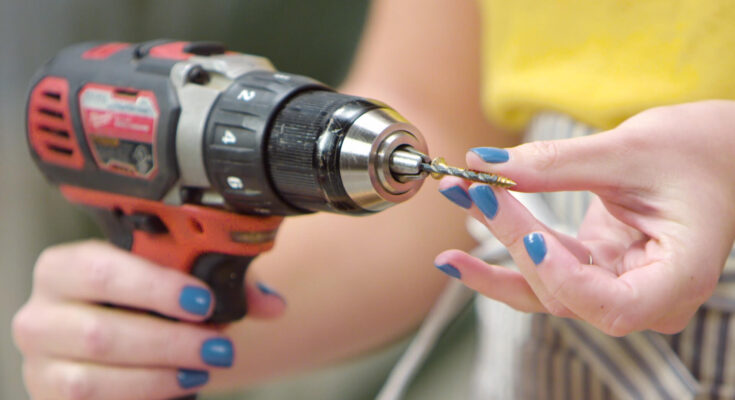Drill bits come in a variety of different types, each of one is intended for use on specific tasks. In addition to being aware of which style of drill bit is better suited for your intended purpose, it is also a good idea to be aware of the bit’s quality as this can have an impact on its working life, its ability to cut the intended material and even the smoothness and concentricity of the actual hole you are making.
High-quality drill bits are invariably more expensive than drill bits of lower quality, and quality is impacted by three main factors, the quality – alloy content and hardness – of the steel, the cutting edges and the grooves’ machining, and whether or not the bit is as perfectly round as it should be.
Aside from the concerns about quality, a drill bit that is suited for the particular work you are intending to perform is best to make use of wherever possible. For instance, standard twist bits are not actually intended to drill holes, even though many people use them for just that purpose.
Taper point bits are actually much better suited for the drilling of holes, and are much better at it, with enough material being left at either side of the hole to give the screw threads more of a chance to bite.
There are a number of factors that need to be taken into consideration when choosing any type of bit.
These factors include the intended size of the hole that is required to be drilled, the shank size, which needs to be as large as it can be while still fitting the drill, the necessity of a flat bottom hole, the rate of entry and the tolerance level of the user for the edge of the hole has a certain degree of fuzziness.
Other factors that will need to be considered include the direction of the hole in terms of grain and angled cross-grain and so forth, and the wood type to be drilled into, as a lightly bigger drill would be a better choice for use with pilot screw holes in harder wood rather than softwoods.
Twist drill bits, Spade bits and Brad-point bits are best suited to general drilling, while vix bits and taper point bits are better suited for the purpose of drilling for screw holes.
For cutting plugs, plug cutters, or machine dowel and plug cutters are the drill bits of choice, while those who want to drill extra deep drill holes should go for Jennings Pattern Auger bits, large Brad-point bits or single screw Auger bits.
For the drilling of large holes, multi-spur bits, large Brad-point bits, single screw Augur bits, Micro-dial expansion bits, Spade bits and Jennings Pattern Augur bits are the best choice, while Forstner bits are the best option for drilling angles, end grain and overlapping holes.
Making use of the right drill bits for different types of drilling will yield more successful results every time.


